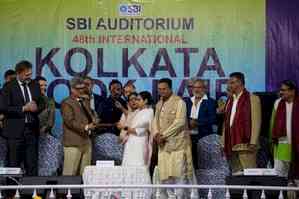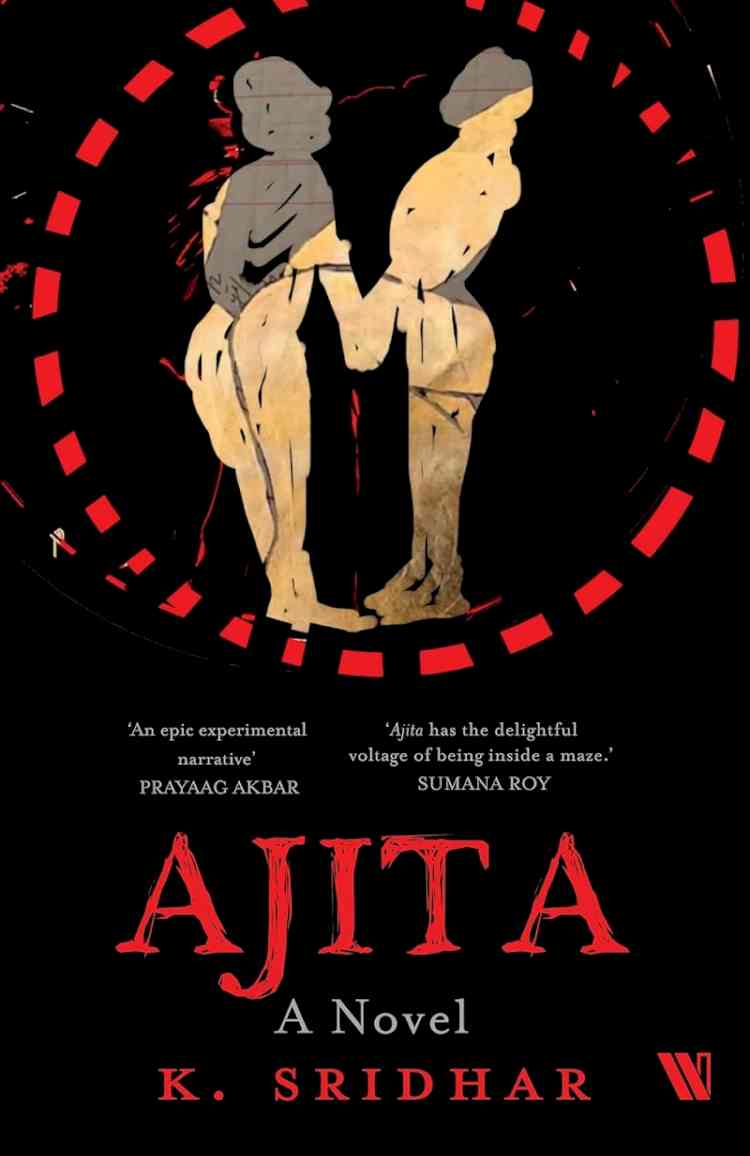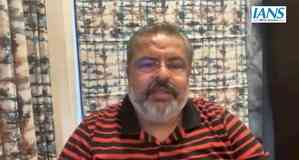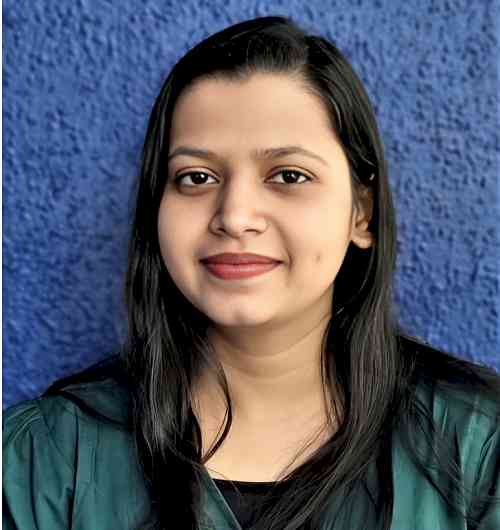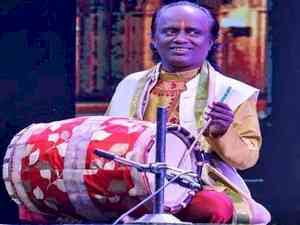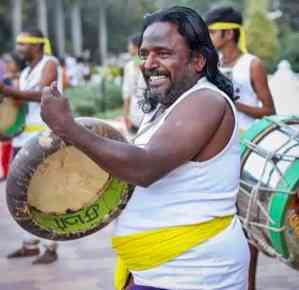I am not a great writer, but a decent rewriter: Ashwin Sanghi
In 2014, when author Dan Brown was in Mumbai, writer Ashwin Sanghi took him to the 'Tower of Silence' at Malabar Hill. While they could not go near the 'dakhma', some priests were happy to show them the scale model of the area and explain everything. That visit was when the idea of a Zoroastrian mystery developed in Sanghi's mind.
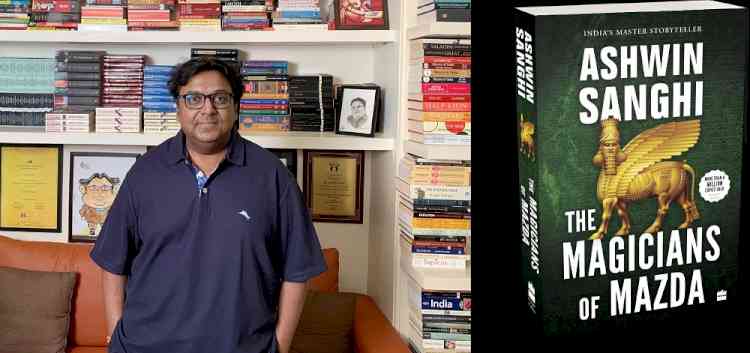
Sukant Deepak
New Delhi, June 29 (IANS) In 2014, when author Dan Brown was in Mumbai, writer Ashwin Sanghi took him to the 'Tower of Silence' at Malabar Hill. While they could not go near the 'dakhma', some priests were happy to show them the scale model of the area and explain everything. That visit was when the idea of a Zoroastrian mystery developed in Sanghi's mind.
Some years later on a visit to Diu, he met a Parsi tourist who explained to him first-hand the workings of a Tower of Silence as Diu's dakhma had been deconsecrated.
"I soon made up my mind to locate a copy of the Qissa-i-Sanjan that talks about early Parsi history. It was clear that this subject deserved a book in the Bharat Series," the author, whose latest novel 'The Magicians of Mazda' (HarperCollins India) recently hit the stands, tells IANS.
For someone who believes that his job as a thriller writer is to entertain while making the story sound believable-and that is where research becomes vital -- he says that while the research process for the book started with 'Qissa-i-Sanjan', it quickly went into allied tomes. "I was particularly interested in the 'magi' -- the Zoroastrian priests and delved into 'The Rituals & Initiations of the Persian Magi by Stephen Flowers' and 'The Religious Ceremonies & Customs of the Parsees'. Although I visited Surat, Udvada and Navsari over the years, not Sanjan. Another gap was a visit to Iran that was held up owing to the Pandemic."
Talk to him over the tremendous rise in the popularity of books based on Indian mythology over the past several years and Sanghi quotes novelist CS Lewis who said that a myth is a lie that reveals a truth. "The delicious question is 'What if?' Now, what if Rama, Krishna, Shiva or Ganesha were real people -- historical characters -- who began to be worshipped because of their great deeds? I remember visiting a temple in Kolkata where Amitabh Bachchan is worshipped. Is it not possible that our deities started out like that? Some people ask me why mythology fascinates me. The truth is that it doesn't. It is the overlap of two words -- myth + history that results in a new word - 'mystery'. That's what fascinates me, and that single word describes the inspiration behind Bharat Series."
In these highly polarised times when talking about ancient Indian civilization and culture can brand a person as right-wing, Sanghi laments that maximum exposure is garnered by extreme-left or extreme-right voices. "While the extreme-left discards anything that is linked to ancient India as being utterly irrelevant, the other group thinks that nothing of value emerged from anywhere in the world other than from India. Both views are seriously flawed."
For a typical Bharat Series book, the author spends between six and twelve months on research. While for some, it involves multiple readings of texts -- for example 'Chanakya's Chant', sometimes the text demands that he goes out and conducts interviews -- like in the case of 'Sialkot Saga'. "Next, I spend around three months on the plot, which will usually have every twist and turn in the story planned chapter-wise. It is only after these two stages that I start writing. Detailed plotting ensures that I do not allow the pace to slacken except when I choose to. I am not a great writer, but I am a decent rewriter, so I rewrite the manuscript several times before it goes in for editing. All in all, two years is the average from beginning to end."
Sanghi, who writes in three categories - History-mythology related fiction with Bharat Series, crime thrillers with Patterson books and Motivational and self-help books with 13 Steps series says the closest to his heart is the Bharat Series that explores history, mythology, philosophy, religion, culture, science, politics and other subjects through the lens of a thriller. "Each Bharat Series book takes me around two years to research, plot, write and rewrite. But the knowledge that I garner through each book is my greatest satisfaction. The journey of each book in the series has been exhilarating."
Hoping to publish his first independent crime thriller that will eventually become a series this year, he also plans to bring out another book in the 13 Steps series. "I am currently working alongside a producer for an original movie storyline. Parallelly, I will commence research for my next book in the Bharat Series that I hope to publish in 2024," he concludes.


 IANS
IANS 

